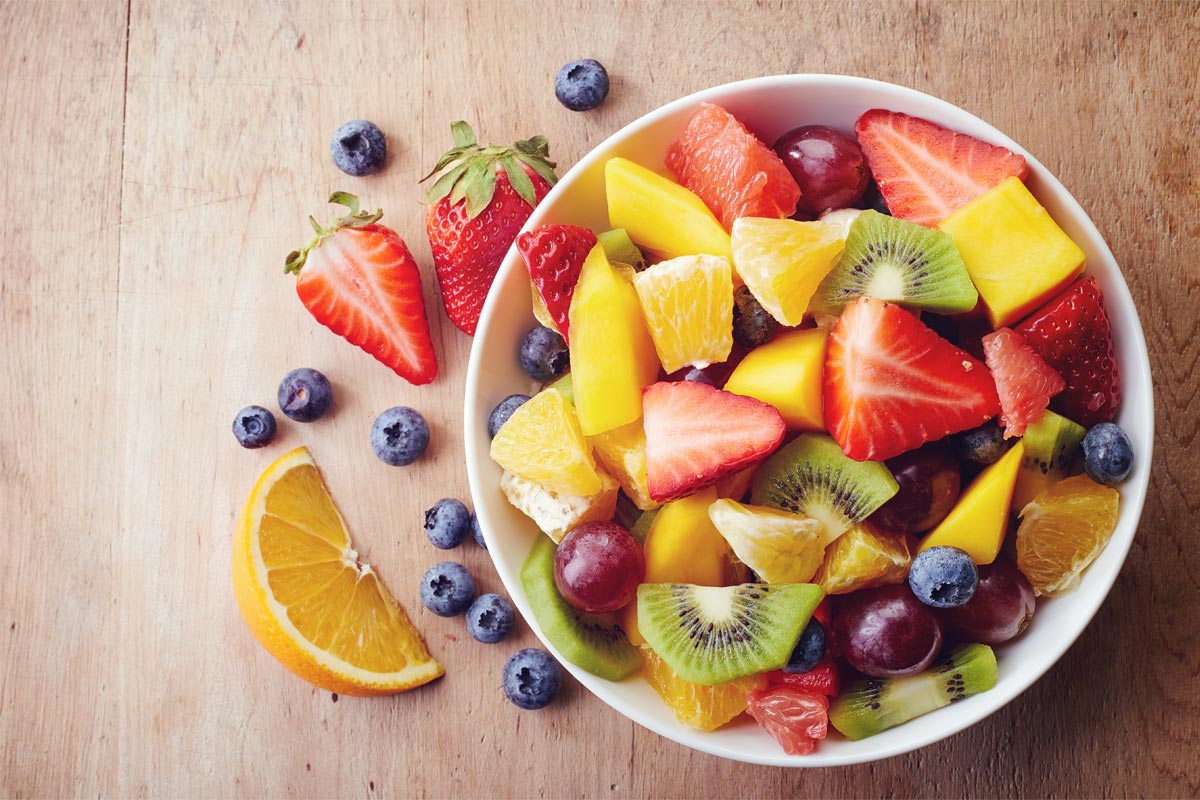Do you have a brain-benefiting lifestyle? "Throughout our lives, we're either increasing or decreasing our brain capacities.You lose 85,000 neurons a day. But you're creating new neurons as well, so it's a balance between how many you make and how many you lose – and what you do to keep the balance in your favor," says Dr. Daniel Amen, clinical neuroscientist, psychiatrist and author of Use Your Brain to Change Your Age: Secrets to Look, Feel, and Think Younger Everyday.
Brain Quiz Time! Answer yes or no to each question to determine if you have a brain-benefiting lifestyle.
1. Do you exercise regularly, even if it's just a stroll with your furry friend?
2. Do you eat whole rather than processed foods?
3. Do you get at least seven hours of sleep?
4. Do you regularly read, or do crosswords or other mind puzzles for pleasure?
5. Do you socialize often?
6. Are you a nonsmoker?
7. Do you limit your daily alcohol consumption to one drink?
8. Do you avoid using harmful cleaning chemicals (e.g., bleach and ammonia)?
9. Do you engage in a fun hobby or pastime daily?
10. Do you continuously try to learn new skills or information?
If you answered yes to most or all of the questions, well done. You're on your way to having a smarter, younger brain! If you answered no to some of the questions, there are a few lifestyle tweaks you can make, starting today, that will be brain-benefiting! Heck, who doesn't want to stay sharp for a long time? And if you are throwing in the towel no matter how many "yes's" you had to the quiz because of family genetics, stop it! This is reason for you to fight harder to challenge your brain for long-term health.
Here are some simple tips to keep your brain sharp ...
1. I only break a sweat for yard sale-ing weekends.
No time, no energy, no interest – there are obviously numerous reasons holding our country back from being active. According to the CDC, only 20% of Americans meet the minimal daily guidelines for physical activity! Exercise improves a variety of cognitive functions, including memory, problem-solving and attention. A Columbia University Medical Center trial found that exercise stimulates the birth of twice as many neurons in the part of your brain that governs memory as a state of rest does. You don't even have to break a sweat to reap the benefits of exercise.
2. I can't sleep. You may spend 7.5 hours in bed, but a 2006 study of middle-aged volunteers at the University of Chicago found that many women only sleep 6.7 hours, while men sleep 6.1 hours. And that's not enough time! "Sleep helps you manage stress," says Dr. Amen. Adopt a healthy sleeping ritual. This will queue your body that it is time to get your Zzzs on! Not convinced that sleep is important? Check out this past blog for a reminder on how sleep deprivation is detrimental to your health. ("A Third of Americans Aren't Getting Enough Sleep")
3. Who needs to grapple with numbers? Don't like messing with numbers in sudoku or deciphering clues in a crossword? That's ok, it's not for everyone. The trick to exercising your brain is about the exercise itself. "If you're not good at something, then doing basic things in that area can help your brain," says Dr. Amen. Focusing only on your strengths is "like going to the gym and doing right bicep curls and then leaving," Dr. Amen says. "You need to get a complete workout." So, if you're good at math and crosswords, try activities that require hand-eye coordination, such as dancing, racket sports and piano lessons.
4. Well, maybe I'll have just one more teensy glass of wine. It's just red wine, you tell yourself. They say it's healthy. Well, it is – sort of. Resveratrol, a super antioxidant in red wine, was found to slow age-related decline in mice in a 2008 study by the National Institute on Aging. Does that mean that mice and men should all imbibe? "If you have a glass or two a week, that's fine," says Dr. Amen. But that alcohol is toxic to brain cells.
5. I know I should eat better, but I don't have time ... and am too tired to cook! "Food is life – particularly for your brain," says Michelle Schoffro Cook, a naturopath in British Columbia and author of The Brain Wash: A Powerful All-Natural Program to Protect Your Brain Against Alzheimer's, Chronic Fatigue Syndrome, Depression, Parkinson's, and Other Diseases. "The brain always needs to replenish itself," she says. "And if you provide inferior nutrition it will be prone to inflammation and brain disease." Try to keep snack-size portions of brain-building foods, such as almonds, blueberries, prunes, cherries and red grapes handy. And, when you do have time to cook, fatty fish, such as salmon, is packed with brain-boosting omega-3s!
6. Hi ... I like to fly under the radar. If you are a self proclaimed introvert, you are not alone. However, it's good for your brain when you reach out and connect with someone socially. Why? "Neuroscience says that meeting and greeting new people is hard, so it's good for your brain," says Barbara Strauch, author of The Secret Life of the Grown-Up Brain: The Surprising Talents of the Middle-Aged Mind. Even if you're a wallflower, you can build a better brain by volunteering. Getting involved as a volunteer puts you in situations where you have to socialize and connect. And what's better than doing so over a cause that you believe in? Another benefit of engaging in deep, meaningful relationships? Happiness! The longest ongoing study captures why it is a must. Check out this TED talk to motivate yourself to say "hi" and get to know the ones you're with. "What Makes Life Good? Lessons from the Longest Study on Happiness" Inspired by a Canadian article: http://www.canadianliving.com/health/prevention-and-recovery/article/6-easy…



